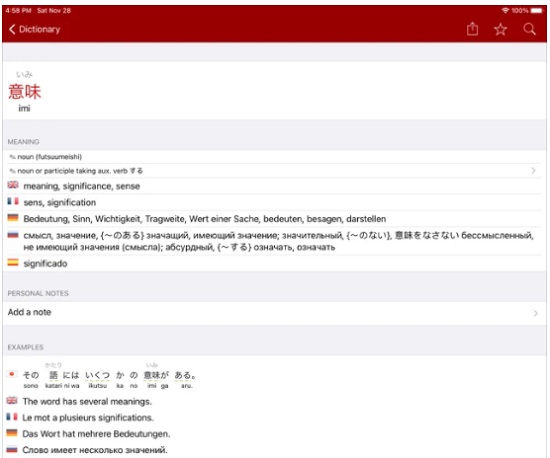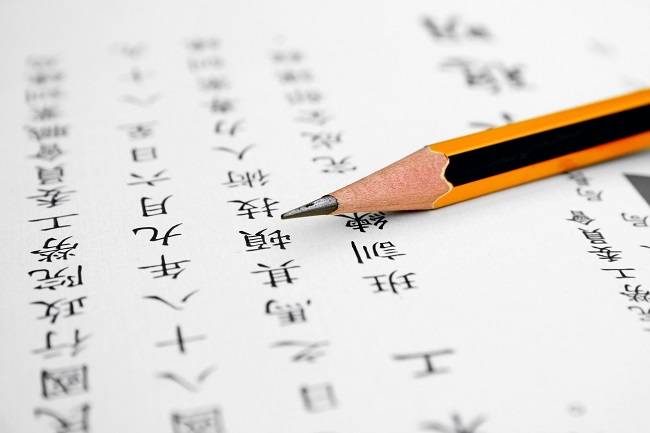If you’re thinking of studying Korean as a second language, you’ve likely wondered whether it has similarities to Japanese. While both languages incorporate Chinese characters, Korean has more sounds and fewer characters, and the written language is easier to learn than its Japanese counterpart. Additionally, you won’t have to worry about hanja, a form of kanji. Both languages share many characteristics, and this article aims to give you a brief rundown of the main differences.

Is Korean like Japanese
The pronunciation of Korean and Japanese words is quite similar, although they do have slightly different accents. The two languages share identical consonant sounds, making them easier to learn. However, there are a few differences that you should know before getting started. If your goal is to travel to a country where the language is spoken, make sure you learn all the necessary sounds for the country. In the case of Korean, you can expect to know most of the same sounds as in Japanese.
While Japanese and Korean are similar in terms of pronunciation, there are some differences. The first is that Japanese and Korean have different vowel sounds, with the “n” being a superset of the “s” and “e” sounds in the latter. Nonetheless, both languages have a few familiar sounds and nuances. It would help if you kept these in mind when deciding which language to learn and how to learn it.
Another difference is the number of letters and homophones. While Japanese and Korean have very similar letters and vowels, there are differences in the order of these vowels. You will be able to distinguish the same word by comparing two words with the Korean pronunciation. For example, a Korean student will be expected to spend longer in school, wear a uniform, and pay more for a good education. In addition, there are many more cultural differences between the two countries.
While the two languages share some similarities, they are very different in other respects. In terms of pronunciation, the first difference is that Korean has more particles. It is also more difficult for English speakers to understand it because of the different levels of politeness. For example, a person speaking Japanese would not understand a Korean speech but might be able to pick up some of the words. A native speaker of Japanese might find it easier to learn than a native speaker of a foreign language.
Both Korean and Japanese are based on a typical Chinese influence in terms of language structure. Both countries have very similar grammatical systems. The Korean language is similar to Japanese in many ways but is different in other ways. Both cultures are characterized by hard work and nationalism. While Koreans tend to be more competitive than their counterparts, they are still similar in other areas. There are differences, but the similarities are more significant than the differences.
The two languages are similar in terms of grammar, but they are very different. Both are considered identical because they use the same sentence structure, but their roots are separate. Those with knowledge of Japanese will be able to understand a Korean speaker, but without prior knowledge, they will have difficulty understanding the latter. It is important to remember that a language’s pronunciation can be similar to a language with the exact spelling, meaning, and culture.
It is important to remember that both Korean and Japanese have some similarities. While they share Chinese influences, the languages are different in many ways. They are not the same language, but they are very similar in other ways. The main differences are in grammar, pronunciation, and phonology. The two languages also share the same word-shaped structures. For example, the Korean language has many “uh” and “ng” sound in its vocabulary, not found in Japanese.
Despite their similarities, Korean and Japanese grammar differ in their pronunciation. The former has many differences and is, therefore, the better language to learn if you’re a student of Korean. When choosing a language to study, keep in mind your personal goals. Are you traveling to different countries? Are you looking to improve your skills? These factors will help you decide which is the best choice for you. A well-developed vocabulary will make your life easier.



